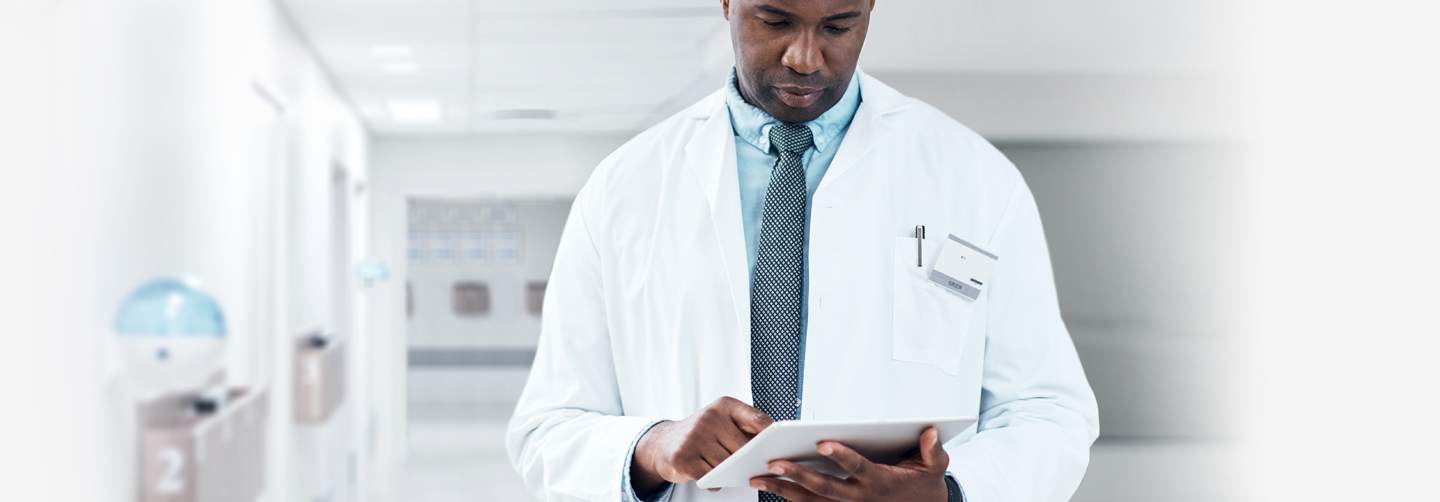How Hospitals and Health Systems Use GaHIN
Hospitals often are the center of a healthcare community, working with owned and independent physician groups and specialists, short-term and long-term care facilities, rehabilitation services, home health and hospice, social services, state and national government departments, and many more groups.
The challenge for hospitals and healthcare systems is to connect with these multiple, independent organizations to securely share patient data when each organization uses a different information system – if they use one at all.
One and Done
By joining Georgia Health Information Network (GaHIN), hospitals and health systems can connect to a much broader range of organizations and improve the quality of care provided to patients. GaHIN is the state-designed health information exchange (HIE) for Georgia, facilitating the real-time exchange of patient health data among physicians, hospitals, state agencies and other organizations – within the state and nationally.
Rather than build separate connections to a large number of different organizations, GaHIN delivers a “one and done” service. Hospitals and health systems that connect to GaHIN no longer have to worry about individual connections – instead they can exchange information through the GaHIN Network.
Why participate in GaHIN?
Each hospital and health system must make their own decision about joining an HIE, but driving forces for joining include the impact on improved care quality, reduced treatment cost, and support of population management. For example, an emergency room physician can use query-based exchange to access patient information such as medications, recent radiology images and problem lists, allowing the provider to adjust treatment plans to avoid adverse medication reactions or duplicate tests. Additional benefits that can be realized include:
- Avoidance of readmissions through better coordination along the care continuum
- Improved patient safety by reducing medication and medical errors
- Increased efficiency by eliminating unnecessary paperwork and handling
- Improved patient satisfaction by eliminating duplicate forms and information requests
- Access to clinical decision support tools for more effective care and treatment
- Elimination of redundant or unnecessary testing
- Improved public health reporting and monitoring
- Improved healthcare quality and outcomes
Are You Ready?
Contact us and we’ll help you find the most efficient and cost-effective way to get connected.


